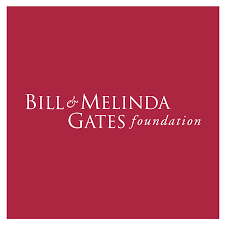Call Us : +91-9820283530 | Email Us : info@stepsol.com
STEP has been partnering with organisations to develop, accelerate and deploy solutions, promote public & private investment, and engage communities to spread awareness on WASH and provide safe drinking water and affordable sanitation.
Key projects:
Multiple stakeholder engagements with Urban Local Bodies (ULBs), beneficiaries/ residents, academia, waste pickers, recyclers were conducted followed by Community Engagement (CE) programs and Behaviour Change Campaigns (BCC). Through these programs the waste segregation levels were improved from ‘No segregation’ to ‘70% households segregating waste’. The other activities involved monitoring segregation pattern, measurement of waste segregated, recording stakeholder engagements & livelihood generation, midline surveys, reduction in plastic waste generation, documentation of issues & possible interventions. Structured training was imparted to Self-help group ladies and waste collectors who were involved in the project execution. Regular feedback mechanism and communication channels were designed to ensure two-way communication. As an outcome of project, a circular economy-based waste management model was developed for a medium city/ municipality town.
STEP shortlisted 5 Indian cities considering diversity of size, geographic location, level of sanitation and potential use case. Interviews with stakeholders were conducted across the project development value chain in waste, sanitation, and energy sectors. Visits to Municipal Corporations, review of city sanitation plans and faecal sludge management plan prepared under National Urban Sanitation Policy was conducted and existing facilities for sewage treatment were reviewed. Based on policy framework and stakeholder consultations, ranking criteria were developed and best fit city for implementation was suggested.


